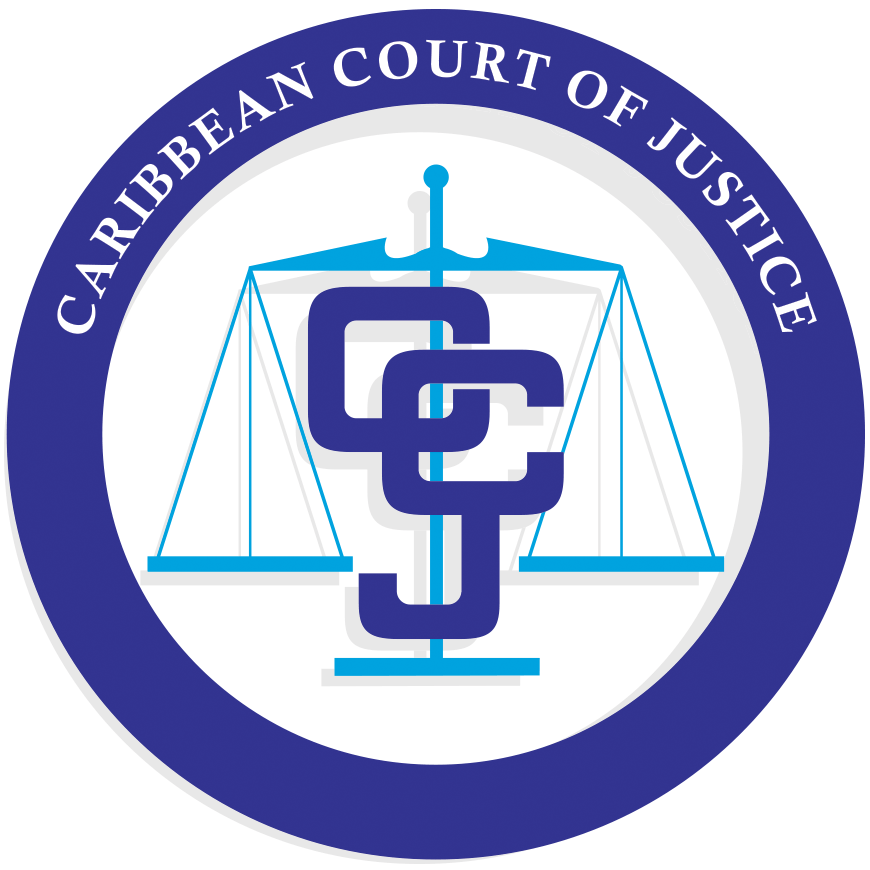The Criminal Magisterial Bench Book, when completed, will not only be a tool for magistrates who are already sitting, but for those who are new to the bench.
Speaking at the opening of the regional consultation to review the Bench Book on March 17, 2018 at the Judicial Education Institute (JEI) in Trinidad and Tobago, the Honourable Mr. Justice Adrian Saunders, Judge, Caribbean Court of Justice (CCJ) explained that the Bench Book “will be a companion text, something that you can resort to, when you are doing your adjudicative duties. You come upon some issue which you are not quite sure about, then this text is there to give guidance on it.”
The Bench Book is currently being developed by the Judicial Reform and Institutional Strengthening (JURIST) in collaboration with the Bench Book Sub Committee. The Sub Committee is part of the broader Criminal Justice and Magisterial Reform Committee, which is chaired by Justice Saunders. The consultation was attended by magistrates from across the region.
Justice Saunders said that he was very concerned about judicial officers taking responsibility in the region. He explained “I want judicial officers to understand, that once a case has been filed in the Magistrates’ Court or someone has been charged and the person comes before the court for the first appearance, the responsibility from that time point until that case is disposed of, is the responsibility of the judiciary. It is not the police, it is not on the lawyers, it is not on the prosecution, it is not on the prisons, it is on the judiciary.”
He pointed out that while the JURIST Project was tackling the issue of backlog in this region, the Caribbean still had some way to go in relation to getting rid of delay and backlog. “In some jurisdictions there are some horrible delays, especially in the criminal justice system. These delays reflect very badly on the judiciary. When you hear people commenting in the press about the poor state of the justice system, that is an affront to us, and we are the ones who must do something about it,” he urged. The CCJ Judge added that it was his hope that the Bench Book would play a part in helping to reduce delay and backlog.
The Honourable Mme. Justice Alice Yorke-Soo Hon, Appeal Court Judge, Trinidad and Tobago who also chairs the Bench Book Sub Committee, noted that this was the first time a book was being developed that takes into consideration the laws from each one of the territories in the Caribbean. She said despite being small islands, each country has such a varied perspective when it comes to law.
She advised though, that the Bench Book was not a ‘one size-fits-all tool.’ “The purpose of the Book is to lead and point you in the right direction. You are not going to be able to open it and find everything fitting as you would like. It is now for you magistrates to do your research. We hope that in using this tool you will begin to develop your own skills and own law, as the case may be, in whatever way you can, within the limits of the various jurisdictions,” she said.
Justice Yorke-Soo Hon continued “the Book is really a tool to create a more efficient and effective criminal justice system as far as magistrates are concerned.”






